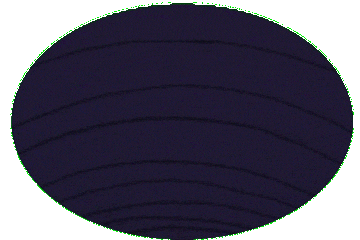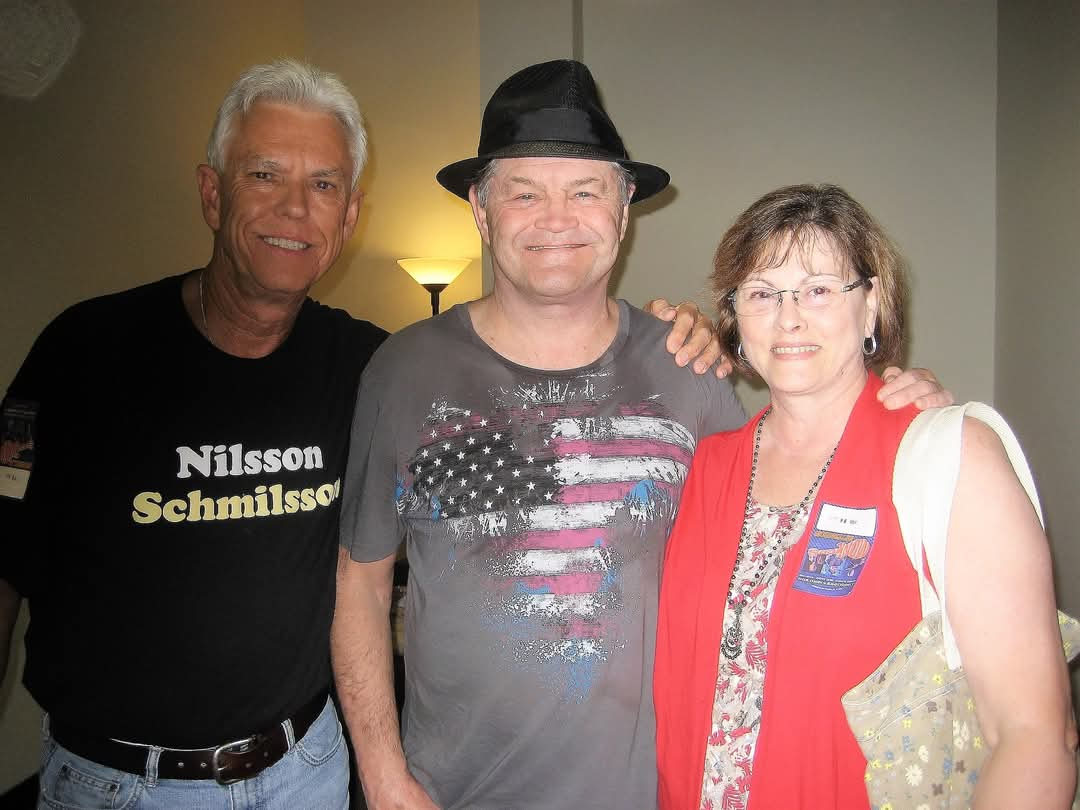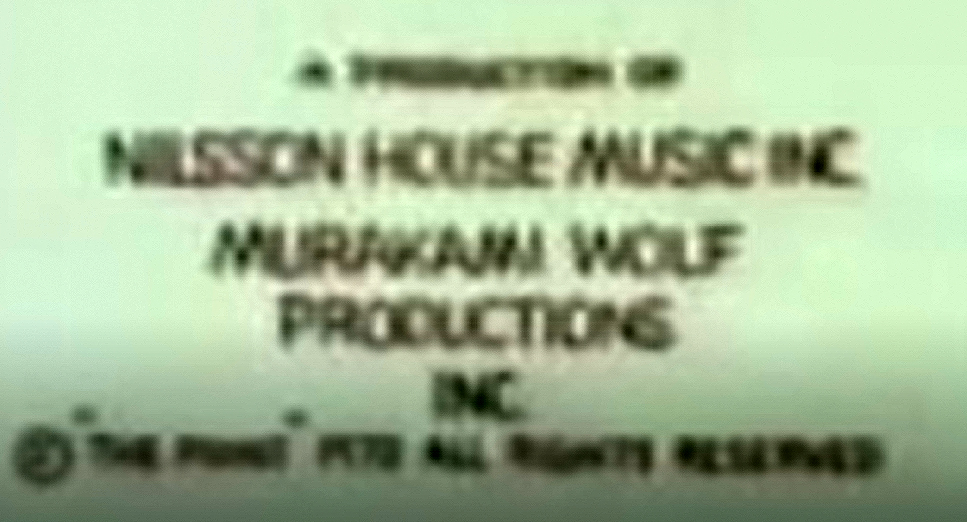Ring's 2026 Super Bowl commercial features Harry Nilsson's performance of "Without You."
Ring Search Party Commercial


Harry Nilsson Sings "Without You" in 2026 Super Bowl Commercial
Ring's 2026 Super Bowl commercial features Harry Nilsson's performance of "Without You."
Ring Search Party Commercial
Harry Nilsson
"Harry Nilsson" by Octoberman
Octoberman released "Harry Nilsson" on August 13, 2025, as both a single and video in advance of Chutes, their seventh full-length album.
The song is described as "a shimmering blend of jangle-pop and wistful storytelling" inspired by Nilsson's take on "Without You."

Gary Nilsson Dies
It is with great sadness that we have learned of the passing of Gary Nilsson.
Gary was a supporter of this website, providing photographs, news articles, and personal anecdotes about his half-brother, Harry Nilsson. Gary was a fan of popular music and Harry's music in particular. His Facebook page is full of photos of him with pop stars from the 1960s and '70s. As a featured guest at Harryfest 2002 he shared stories of growing up as both a fan and relative of Harry Nilsson and about his, and Harry's, father who shared Harry's love of baseball and was once a scout for the Cincinnati Reds.
But, beyond all of that, Gary was a friend. He will be missed.
Newly-Released Film of Harry Nilsson and Ringo Starr at the Son Of Dracula Premiere
A newly-released film shows Harry Nilsson and Ringo Starr attending the premiere of Son of Dracula.
Harry Nilsson and Ringo Starr at the Son Of Dracula Premiere
Richard Perry Has Died
Richard Perry, producer of Harry Nilsson's Nilsson Schmilsson has died. Perry died at age 82 on December 24, 2024.

In 2014, Murakami-Wolf-Swenson sued Acme-TV and others for distributing unauthorized copies of The Point!. The defendants claimed that the film was in the public domain since it did not contain a proper copyright notice as required by law at the time that the film was first published (i.e. when it aired on ABC in 1971).
The copyright notice at the end of the film when first aired on TV read:
© "THE POINT" 1970 ALL RIGHTS RESERVED
This was not a valid copyright notice. A proper copyright notice would have consisted of
For example:
© 1971 Murakami Wolf Productions
Since the film was published without a proper copyright notice, the defendants argued that the film was in the public domain.
The plaintiffs, however, contended that a video tape released in 1985 contained a proper copyright notice on the cover and that the copyright had been registered at the Library of Congress in 1987.
Copyright law at the time, however, required that a copyright be registered within five years of the first publication of the work. The defendants argued that the first publication was in 1971 when the film was shown on TV.
The judge ruled in favor of the plaintiffs stating that the 1987 copyright was valid since the airing of the TV show was a "public display" of the work and, therefore, was not required to display a copyright notice:
[s]ince the display of a copy does not constitute a publication of the work embodied therein, unless a copy is “publicly distributed,” and not merely displayed, no notice need be placed upon it. Thus, ... an ephemeral image, whether projected upon a theater screen, a television tube, or otherwise, does not constitute a copy, and hence a copyright notice is not required to appear upon such image.
The 1985 VHS tape, however, was publicly distributed, therefore the filing of the 1987 copyright registration did occur within five years of the work's "first publication."
The judge ruled in favor of the plaintiffs.